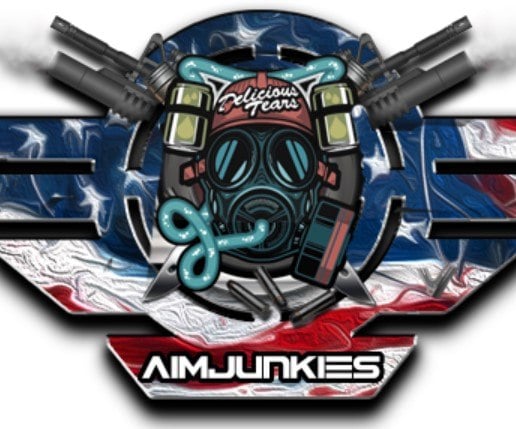 After several years, the dispute between Bungie and Aimjunkies is about to reach its climax in a District Court in Seattle.
After several years, the dispute between Bungie and Aimjunkies is about to reach its climax in a District Court in Seattle.
At the core of the dispute is whether AimJunkies engaged in direct, vicarious, or contributory copyright infringement. If that’s found to be the case, the next question is whether Bungie is entitled to an award for damages.
For AimJunkies, the upcoming trial also raises some concerns. Specifically, the defendant is worried about the negative connotation of the term “cheating”. This may signal to the jury that the activity is legally improper, contrary to the defendant’s legal position.
To prevent confusion, the cheat maker asked the court to ban any mentions of the word “cheat” or “cheat software”, but the request was denied.
Defenses & Counterclaim
At trial, AimJunkies hopes to convince the jury that the cheating software it sold wasn’t infringing any copyrights. In fact, the defendants will claim that they merely sold the software; it was created by an unnamed third party.
“The software at issue here was created by parties other than Defendants. Defendants did not have access to the software Bungie accuses them of copying,” defendants note in a pretrial statement.
“No software created, developed, marketed, advertised, sold or otherwise distributed by Defendants infringes any copyright of Bungie,” AimJunkies’ attorney adds.
The cheat sellers are not the only party on the defensive. Third-party developer James May filed a counterclaim accusing Bungie of circumventing the DMCA by accessing personal files on his computer. Bungie, however, argues that it did nothing wrong.
Bungie might have accessed the developer’s computer, but the company states that none of the files that were allegedly accessed are copyrighted.
“None of the works allegedly accessed by Bungie are works protected by copyright […]. Bungie did not circumvent any of May’s technological measures that protect any files on his computer,” the game company writes in its pretrial statement.
Overall, the arguments from both sides are a guarantee for an intriguing trial. And although AimJunkies is a relatively small player in the broader ‘cheating’ ecosystem, the jury verdict will likely resonate in many gaming communities.
—
A copy of the pretrial order cited in this article, which includes additional argument from both sides, is available here (pdf)





